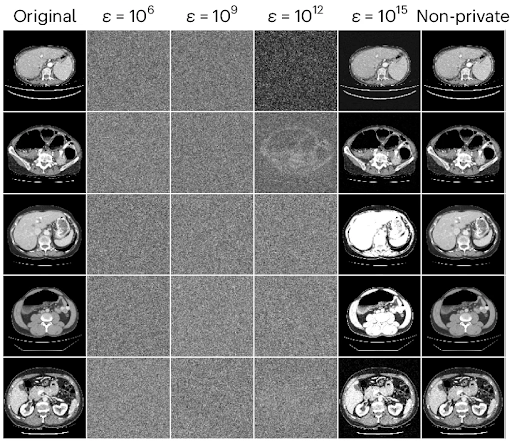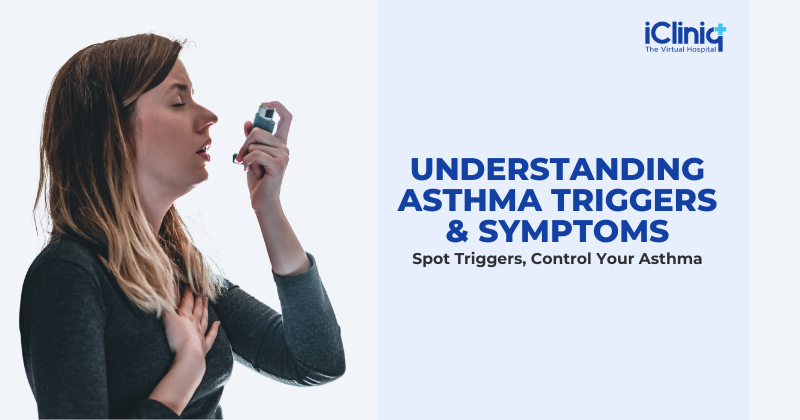Atrium Health has successfully launched the nation’s first pediatric hospital-at-home (HaH) program. The care model has already reduced readmission rates, earned high satisfaction scores and shows promising signs of improving clinical retention. Atrium, which is part of Advocate Health, initiated the pediatric HaH program at Levine Children’s Hospital in February. Since then, they have delivered acute-level care at home to around 30 children.
“We are a full-service virtual unit of our pediatric hospital,” Dr. Stefanie Reed, medical director and pediatric hospitalist at Atrium, told Home Health Care News. “We consist of board-certified pediatric hospitalists – the same physicians from our brick-and-mortar office who also cover our pediatric hospital at home as care providers. Our team includes experienced pediatric nurses who engage with both the brick-and-mortar and virtual programs, ensuring they remain informed about all aspects of pediatric care.”
Charlotte, North Carolina-based Atrium is a nonprofit health system with a network of 40 hospitals and more than 1,400 care locations. The organization has provided hospital-at-home services for adults since 2020.
Levine’s pediatric HaH program serves patients younger than 18 who live within 30 minutes of the hospital and qualify for hospitalization but can receive treatment at home. Care is provided by board-certified medical professionals trained in pediatric hospital medicine.
The pediatric HaH team consists of dedicated community paramedics who have completed additional training in pediatric-specific paramedic care and nurse navigators. Care navigators are essential in assisting families with transitioning to HaH care, Reed said.
“When you transition from a brick-and-mortar space to the virtual care unit, they are there to guide you,” she said. “They manage eligibility determinations and assist families in navigating the process, ensuring they feel comfortable and coordinating their care.”
The HaH program also offers ancillary services, including social work, speech and occupational therapy, case management, pastoral care and technology partners.
Atrium Health’s established adult HaH program provided a foundation for expansion into pediatric care. This foundation mitigated challenges often associated with implementing a HaH program, such as transportation, pre-arrival issues and technology partnerships.
“I like to remind people that pediatrics and adults are similar, but not identical. Therefore, we needed to take some time while building this program to consider the unique needs of children and how we might adapt what we have to meet those needs,” Reed explained. “I believe any program that implements something like this should pause to ensure everything is kid-friendly, age-appropriate and safe for children.”
Atrium completed a significant amount of groundwork to ensure those aspects were addressed, along with informing the pediatric community about its new model of care, Reed said.
Providing quality care
All pediatric patients visiting Levine’s Children’s Hospital who are considered in need of hospital admission may be eligible for the HaH program, but certain inclusion and exclusion criteria must be met.
“We want to ensure that we provide safe care, and specific checkpoints are in place. We can offer a certain frequency of IV medication and monitoring, but that does not equate to a progressive or intensive level of monitoring. Therefore, the patient must demonstrate some stability,” she explained. “We also want to ensure that we support families in their home environments. There is a screening process that addresses how the guardians are supported. Do they have a support network? What is the home environment like? Are there aspects where they need to connect with our case management or social work teams to build support?”
All patients are evaluated by a pediatric hospital medicine attending physician before transferring to the virtual unit to ensure that everything is in place and that the patient is medically, physically and environmentally prepared for the transfer.
The pediatric hospital medicine department oversees pediatric care throughout the entire health system, creating a seamless continuum of care, according to Reed. Providers are already colleagues, which facilitates easier handoffs and care plans.
“We have found that the strength of our model lies in the hybrid working environment,” Reed said. “Anyone in this unit also works within our brick-and-mortar locations, making them comfortable with the entire hospitalization process for any child coming into our care.”
The program aims to reduce patient readmissions at Levine’s Children’s Hospital, which Reed hopes will inspire other children’s hospitals to adopt similar initiatives.
While the program has not been in place long enough to conduct a statistical analysis, the clinical team has observed that among Atrium’s discharged pediatric HaH patients, the readmission rate is less than 1%, which is significantly lower than the national average for similar programs.
Family-centered care
As the HaH model has evolved, so has the idea of family-centered care.
“We feel strongly that whether you’re in a physical or virtual setting, pediatric care is, above all, family-centered,” Reed said. “When you meet with us – whether you’re joining us virtually or we’re at the bedside – families are always leading those rounds; we are here to listen.”
Family-centered care prioritizes the client, their family, and their needs and enables them to connect with care providers in real time.
“As thoughts arise, they can prompt us immediately,” Reed said. “They can call their nurse, as nurses are dedicated to them and are always within reach.”
A pediatric HaH model, which allows children to stay in a supportive, familiar environment, offers patients a comfort level that cannot be replicated in a facility setting, Reed said.
It also allows caregivers to resume work or help care for their other children, which is often unfeasible in a traditional hospital setting, Reed explained.
“It provides a gentle way to transition back to home life,” she said. “This serves as an extension of the excellent care you receive in the brick-and-mortar facility. We’re on one journey, and we hope that through a unit like this, we learn lessons that will enhance our care within the brick-and-mortar and broaden possibilities there as well.”
So far, the feedback from families has been positive.
“When we look at care surveys, we’re receiving nines and tens across the board,” Reed said. “A parent of a child with chronic medical needs, who has undergone frequent hospital visits, shared with me that she didn’t believe this type of care would be an option for her family. She hadn’t expected to spend time at home with her child in this way. She appreciated enjoying even a few days in a home environment. That’s been truly wonderful to hear and see.”
An eye toward expansion
While establishing a pediatric HaH program is achievable, it requires buy-in from the institution and support for innovation, Reed said.
The model also has workforce benefits.
“We’re discovering that our providers appreciate this care model,” she stated. “It has become fulfilling, so when discussing job satisfaction and retention, it is part of that dialogue. It is also crucial to meet patients and families where they are. Families seek care virtually, whether for primary care or hospital-at-home services.”
Pediatric HaH is ultimately cost-neutral for the hospital system, Reed said, but it frees up space within the hospital.
“We’re not having to board patients or turn them away,” she said. “We can reach the children and provide the care they need, and I believe that’s an important aspect of the argument for these programs.”
Reed noted that Levine’s Children’s and Atrium Health are eager to explore this program’s potential and aim to expand their reach in the geographic area.
“We are in a region of North Carolina where we provide both city-level and urban care, along with suburban and rural services,” she said. “We want to ensure that all our families can access these care options, making it easier for them to receive care at home first. Furthermore, there are opportunities within the pediatric field to explore care models that enhance existing services and ensure that children in the Greater Charlotte region receive the best possible care.”
The post Atrium Health Launches Nation’s First Pediatric Hospital-At-Home Model appeared first on Home Health Care News.











